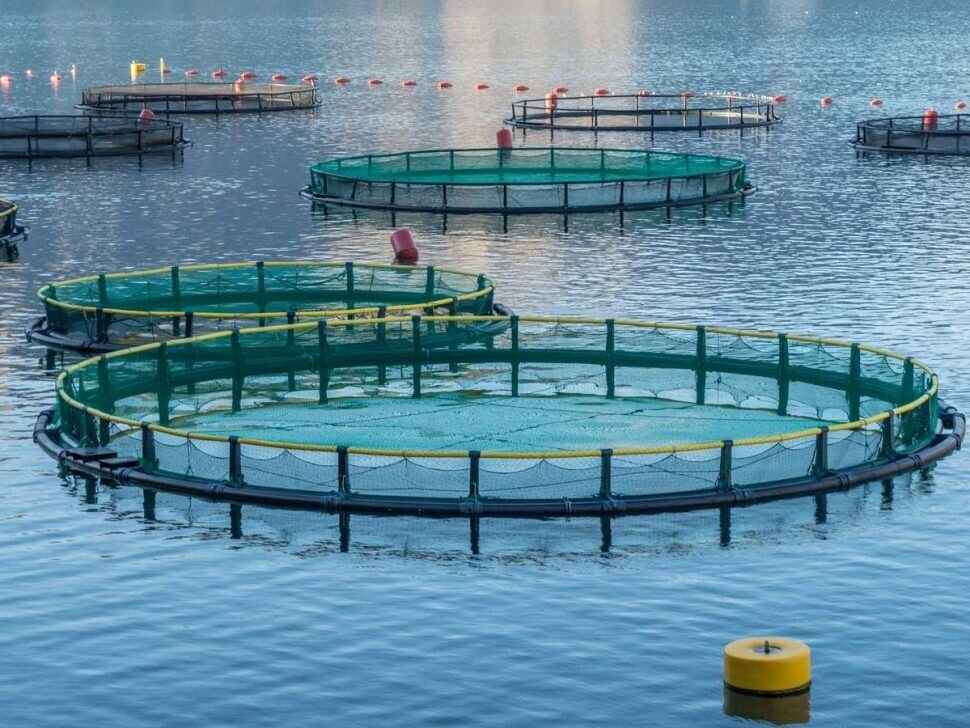Major development projects to be inaugurated during government week

TEHRAN – Iran will launch hundreds of fisheries, mining, and port development projects across the country during Government Week (August 24-30), officials said on Monday, highlighting a push to expand production, create jobs and attract foreign investment.
Fisheries projects
Hamzeh Rostampour, head of Iran Fisheries Organization (IFO), said 155 fisheries projects with an investment of 21.25 trillion rials (about $42.5 million) will come online simultaneously in 27 provinces.
The projects will boost annual output by 10,136 tons and produce 24 million juvenile fish.
According to Rostampour, the schemes will create 720 direct jobs, 1,652 indirect jobs, and benefit more than 700 households.
Most projects are concentrated in Sistan-Baluchestan, Bushehr and Golestan provinces, and include warm- and cold-water fish farming, cage aquaculture, shrimp farming, concrete pond construction, fish feed plants, ornamental fish breeding, and cultivation of medicinal leeches and algae.
Mining and mineral industries
In parallel, Mohammad Aghajanlou, head of state-owned IMIDRO, said 12 mining and mineral industry projects worth over $2.3 billion are ready for inauguration during the Government Week.
They include steel plants in Neyriz and Sefid Dasht, the Mehdiabad lead and zinc project, a graphite electrode plant, development of Kouh-Dom gold mine, Bahabad iron ore concentrator, a power plant for National Iranian Copper Industries, a copper wire casting facility in Rafsanjan, and a solar power project with Chador Malou.
He said the projects would generate more than 5,600 direct jobs and close to 19,000 indirect jobs.
Ports and maritime development
Saeed Rasouli, managing director of the Ports and Maritime Organization (PMO), also announced the inauguration of more than 270 port and maritime projects valued at 1.7 quadrillion rials (about $3.4 billion).
The schemes cover port equipment upgrades, new multipurpose rescue and pilot vessels, and expansion of piers in nearly all northern and southern ports.
Rasouli said many vessels were built by domestic specialists and that traffic bottlenecks inside ports and on access routes have been addressed. He noted that the majority of investments came from private and foreign sources, in line with Iran’s marine economy policies.
He added that Iran has signed port investment agreements with several neighboring countries, including landlocked states seeking access to open waters, with more contracts under negotiation.
Rasouli stressed that giving the private sector a bigger role was vital to break monopolies and accelerate growth.
He also underlined the need to integrate ports, rail, road and warehousing as a logistics package under Iran’s seventh development plan to fully leverage the country’s transit potential.
EF/MA
